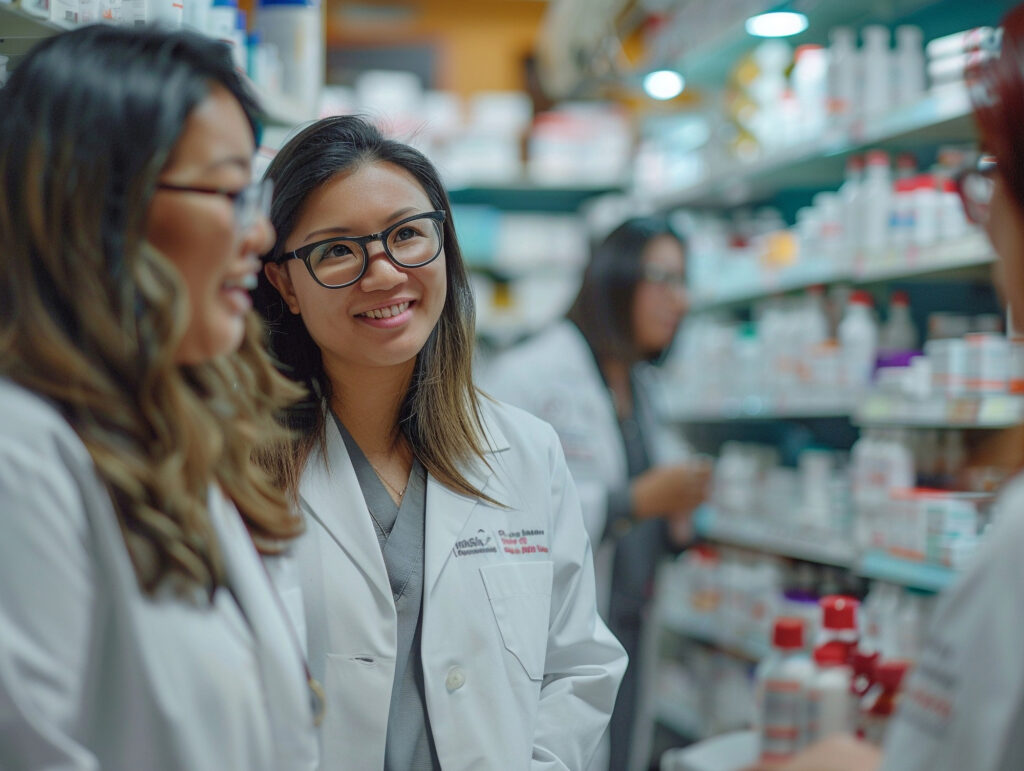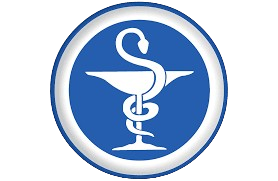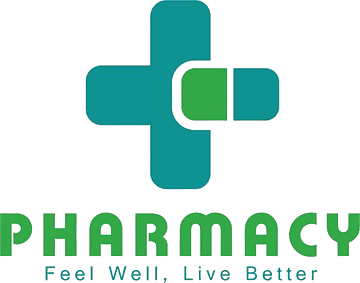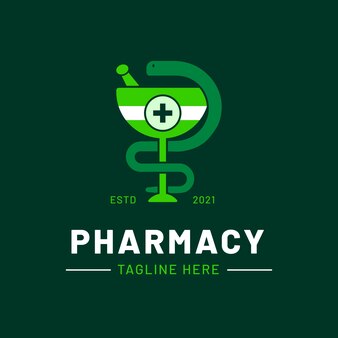B. Pharmacy
The four-year undergraduate Bachelor of Pharmacy (B. Pharmacy) curriculum is carefully designed to give students a thorough understanding of pharmaceutical science. At the beginning, students are exposed to basic courses like chemistry, biology, and human anatomy, which lay the foundation for their comprehension of the principles involved in the formation of medicine. As the course progresses, students delve deeper into topics including pharmacology, pharmaceutical chemistry, and drug regulation. Moreover, practical lab sessions are incorporated to provide hands-on experience in medication manufacturing and testing.
In addition to theoretical knowledge, B. Pharmacy places a strong emphasis on developing the essential skills needed for a career in the pharmaceutical sector. Through the course, pupils gain knowledge of the ethical and legal facets of pharmacy, which are crucial when managing drugs. Furthermore, internships and industry exposure allow students to apply their knowledge in real-world situations, thus ensuring they are well-prepared for the workforce.
B. Pharmacy Course Skills
Key Skills Developed in a B. Pharmacy Course
Pharmaceutical Knowledge: Understanding drug formulations, chemical compositions, and therapeutic uses of medicines.
Analytical Skills: Ability to analyze chemical compounds and test medications for quality and safety.
Attention to Detail: Precision in medication dosage, labeling, and patient instructions is critical in pharmacy practice.
Communication Skills: Effective communication with patients, healthcare professionals, and colleagues about medications and treatment plans.
Ethical and Legal Awareness: Knowledge of pharmaceutical ethics, drug laws, and regulations governing the distribution of medications.

Problem-Solving: Ability to solve issues related to drug interactions, patient care, and pharmaceutical practices.
Research Skills: Conducting research on new drugs, treatments, and their effects to contribute to advancements in pharmaceutical science.
Time Management: Firstly, Handling multiple tasks such as prescription filling, consultations, and laboratory work efficiently.
Teamwork: Collaborating with healthcare providers, technicians, and other professionals in the healthcare setting.
Technical Proficiency: Familiarity with laboratory techniques, equipment, and software used for drug development and testing.
B. Pharmacy Jobs
B. Pharmacy (Bachelor of Pharmacy) graduates have a wide range of job opportunities in various sectors. Here are some of the prominent career options:
Pharmacist: Pharmacists play a crucial role in healthcare by ensuring the safe and effective use of medications. Moreover, they provide essential advice and support to patients, which significantly enhances overall health outcomes.
Pharmaceutical Industry: The pharmaceutical industry is pivotal in developing and manufacturing medications that improve global health. Consequently, it invests heavily in research and innovation to discover new treatments and therapies.
Clinical Research: Clinical research is essential for advancing medical knowledge and developing new treatments. Additionally, By conducting rigorous trials and studies, researchers can evaluate the safety and efficacy of new drugs and therapies, ultimately improving patient care.
Medical Representative: A medical representative plays a vital role in the pharmaceutical industry by promoting and selling medical products to healthcare professionals. Additionally, they provide valuable information about drug benefits and potential side effects, supporting informed decision-making in patient care.
Regulatory Affairs: Regulatory affairs is a critical field in the pharmaceutical industry that ensures compliance with laws and regulations governing drug development and marketing. Consequently, professionals in this area work to navigate complex regulatory requirements, facilitating the approval and market access of new medications.
Drug Inspector: A drug inspector is responsible for overseeing the quality and safety of pharmaceuticals and ensuring that they comply with regulatory standards. In addition, they conduct inspections and enforce regulations to protect public health and prevent the distribution of substandard or counterfeit drugs.
Pharmacovigilance: Pharmacovigilance is essential for ensuring the safety of medicines by monitoring and assessing adverse drug reactions. Consequently, it plays a critical role in protecting public health and improving treatment outcomes.
Teaching: Teaching is a dynamic process that fosters learning and personal growth in students. Furthermore, it encourages critical thinking and helps develop essential life skills that shape future success.
Hospital Pharmacy: Hospital pharmacy ensures the safe and effective use of medications within healthcare settings. Additionally, it plays a crucial role in optimizing patient care by collaborating with other healthcare professionals to provide personalized treatment.
Entrepreneurship: Entrepreneurship drives innovation by turning creative ideas into viable businesses. Moreover, it fosters economic growth and creates opportunities for both the entrepreneur and the community.
These roles offer diverse career paths, and additional certifications or postgraduate studies (like M. Pharm, MBA, or Pharm. D) can further enhance job prospects.



